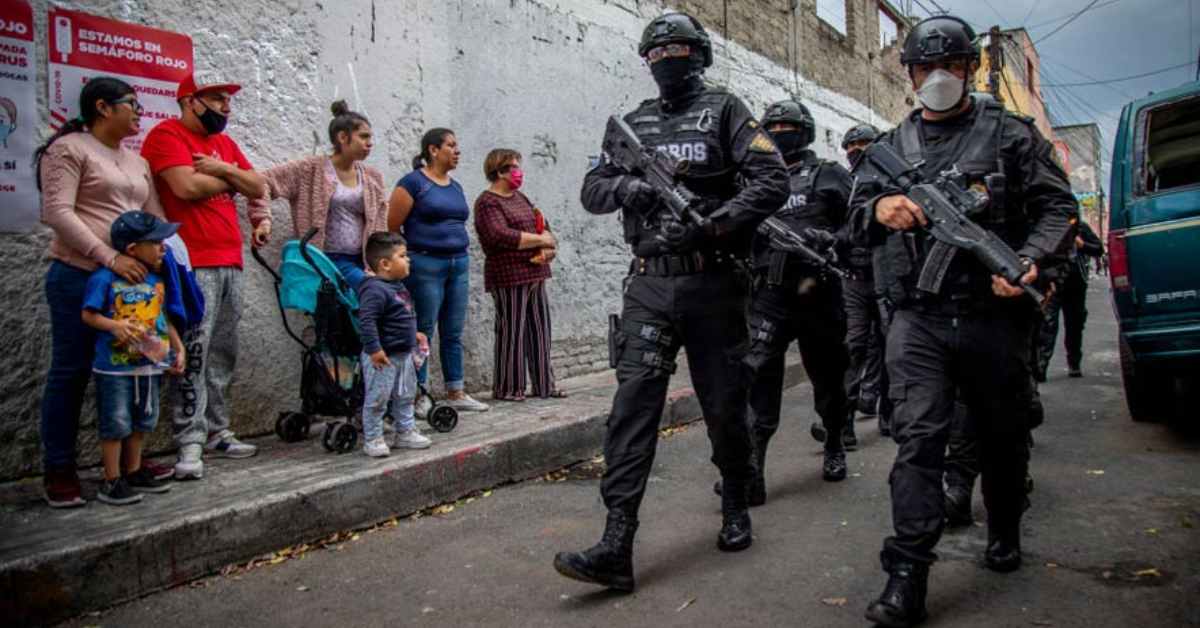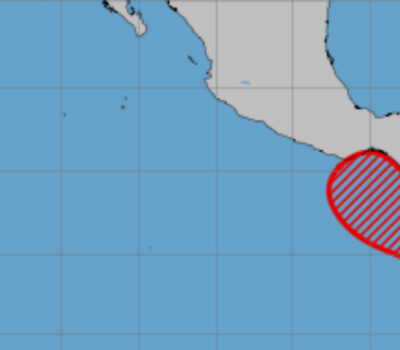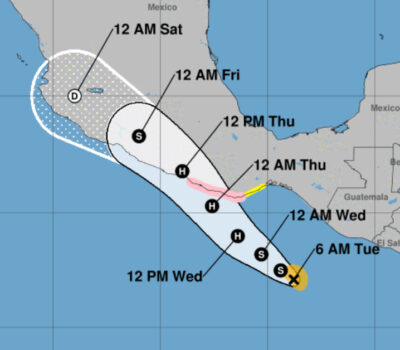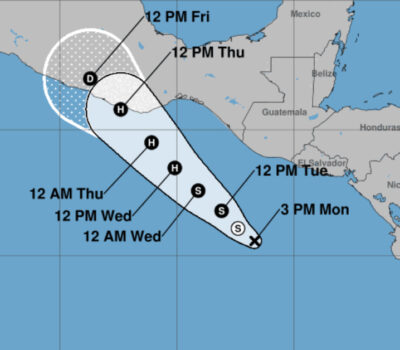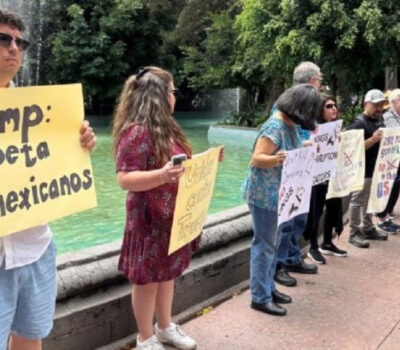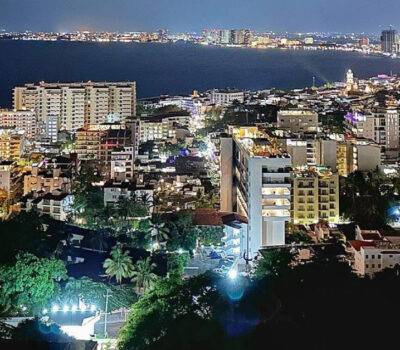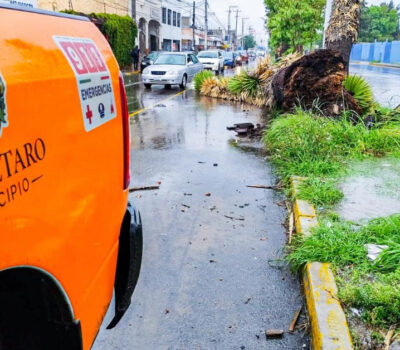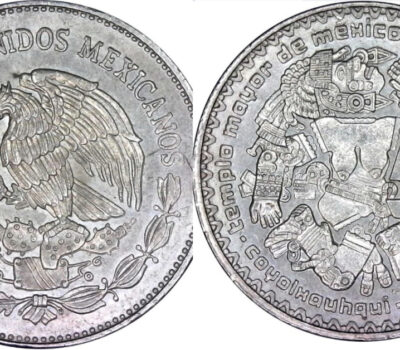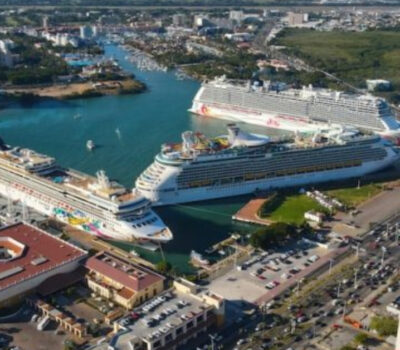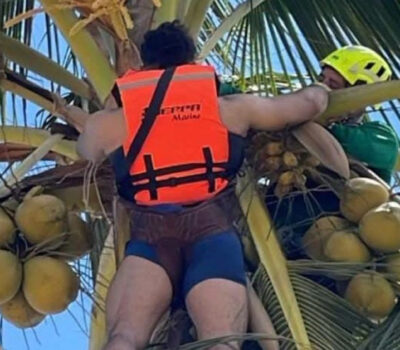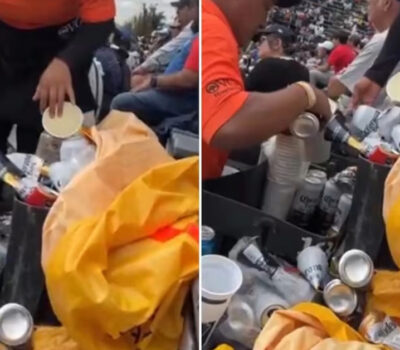PUERTO VALLARTA (PVDN) – Can you name any country that is dubbed safe, despite weekly discoveries of over 100 bags filled with human remains scattered across its lands or where international criminal organizations have infiltrated local governments from city council to mayor, governor, local and state police, the military, and the presidency? The answer, astonishingly, is Mexico.
As a foreigner residing in Mexico, I am often told by fellow expats and regular visitors that the rampant violence in the country is largely exaggerated, if not completely fabricated by foreign governments and media outlets aiming to disrupt Mexico’s political and economic systems. The Mexican government too, is known to regularly deny allegations of violence, blaming the propagation of ‘fake news’ on the United States. Even Mexico’s president suggests that violence is staged by opposition political parties for election purposes.
As an expat living in Mexico, and a Mexico news blogger, I spend at least 12 hours a day, seven days a week, immersed in Mexican news, reviewing press releases from city, state, and federal sources around the nation. My routine involves examining daily crime reports from major cities and tourist destinations in Mexico. Disturbingly, I’ve noticed a growing numbness, both in myself and readers, towards alarming stories such as the discovery of mass graves filled with dozens of bags of dismembered bodies.
Recently, a group of mothers whose children have gone missing mobilized to search for their loved ones’ remains in an effort to find closure. Acting on a tip, they arrived at a property in Puerto Vallarta allegedly used as a mass grave site for crime victims. On the site, they found bones and at least one full skeleton.
When I first read about this, my reaction was a shrug – a “meh”. I reported on the discovery because it occurred in Puerto Vallarta, an area that I primarily cover, not because I found it horrifying or even noteworthy. Mass graves are discovered so frequently in Mexico that it has become as predictable as the sun rising. This dispassionate response to such a grim find was echoed by my readership. The article was the least-read story of the week.
Contrast this with how news coverage would unfold if a mass grave were found in the United States or Canada. It would be a 24/7 story on all news networks, appearing on the front page of every major newspaper across the country.
As I pen this, I’ve received a news alert about the discovery of 43 bags of human remains in Jalisco, home to Puerto Vallarta, and another discovery of almost another 100 bags found in the neighboring state of Colima. Despite this, many continue to assert, “Mexico is a large country and the violence is far from Puerto Vallarta”. But is it?
Just a few days ago, a young man’s body was found in Puerto Vallarta. He went missing during gay pride events in Puerto Vallarta. Preliminary information suggests he was beaten to death with blows to the head.
Furthermore, something we foreigners don’t discuss enough is Puerto Vallarta’s status as the capital of child sex trafficking in Mexico. The customers? Foreigners.
Earlier this month in Oaxaca, two tourists were killed in two separate incidents, one in a horrific machete attack. However, the reaction in Mexico was tepid at best. In the same time period, nine people were injured in a shooting in Florida along the Hollywood Beach Boardwalk. Despite no fatalities, this incident made headline news across the U.S.
In stark contrast, the deaths of 10 heavily armed men, shot and killed by police on a Mexican highway, elicited a ‘meh’ reaction.
The truth is, Mexico is grappling with extreme levels of violence, from public attacks by cartels to the surge of domestic violence and femicide in a society where machismo often prevails.
When I moved to Mexico nearly twenty years ago, U.S. nightly news broadcasts were dominated by stories of violence in Mexico. Friends and family questioned my sanity for choosing to live in such a volatile country. Yet, these past six years – a presidential term in Mexico – have marked the most violent period in the country’s history. Even more violent than when the US news covered Mexico every night.
Perhaps it’s our privilege, as predominantly white readers and writers with a modicum of wealth compared to the local population, that allows us to look the other way and declare ‘Mexico is safe’. This acceptance of the norm, and our immunity from the violence that engulfs the majority of the population, is a bitter reminder of the inequities that persist.
The locations where we, the wealthier and mostly white expat community, congregate are better protected because, in the societal ‘food chain,’ we are placed at the top. Our presence and investment in the region are highly valued, and as such, security in our areas is more of a priority.
However, we don’t need to look any further than the beaches of Puerto Vallarta, Acaplulco, Baja, Cancun, or Playa del Carmen to understand that the army walking the beaches with long guns aren’t there because Mexico is safe.
In my own experience living in Mexico for almost two decades, I have only been robbed twice. Both times I was on dark streets walking home from a night out. Short of blaming the victim, I knew better. I have only witnessed one violent crime personally. In my first year living in Puerto Vallarta, armed commandos gunned down a police commander in the Romantic Zone in broad daylight. I was walking down the street when they ran past me shooting and I took cover. Once, I did discover a dead body on Olas Altas in the Romantic Zone of Puerto Vallarta one morning, I am still unsure if the death was accidental or homicide.
Other than those few events that spread throughout nearly two decades, I have always felt safe in Mexico.
Nevertheless, our position of relative safety as foreigners does not negate the reality of violence that is an everyday occurrence in the larger country. While it is true that Mexico is a large nation and not every corner is wracked with violence, the persistent frequency of these grim acts cannot be ignored. It’s so persistent that based on crime records, Mexico is home to nine of the top ten most dangerous cities in the world.
We are good to champion sea turtle conservation, which is a good cause, but we are uncomfortable with admitting the country we love has a violence problem that affects millions of Mexicans, and occasionally foreigners.
Please don’t misunderstand me. My affection for Mexico is profound and unwavering. Indeed, there is ample evidence that I have no intention of returning to the United States, not even for my final resting place. Mexico is where I feel at home and where I feel I truly belong. My decision to live here isn’t driven by a desire for a cheaper lifestyle or because it’s the current hotspot for digital nomads. I chose Mexico long before it became a magnet for the tech-savvy crowd. The reason for my attachment lies in the people of Mexico, their spirit and warmth. Perhaps this deep connection makes it easier for me to acknowledge that Mexico isn’t always safe. I am deeply concerned about the well-being of Mexico and its citizens. No matter how comfortable my own life here may be, I simply can’t turn a blind eye to the realities they face.
The rising violence in Mexico isn’t just ‘old news,’ it is a crisis that deserves our attention and action. A single mass grave discovered should be shocking, regardless of where it happens. Becoming numb to such news or dismissing it with a ‘meh’ does a great disservice to the victims and their families who are still searching for closure.
Our privilege should not be an excuse to dismiss these realities. Instead, we should use it as a tool to fight against the prevailing apathy and bring about change, not just for ourselves but for the Mexican society we have chosen to be a part of.
The safety and well-being of Mexico should be a concern for all of us, regardless of our nationality or socioeconomic status. As expats, tourists, or temporary residents, we share in the joys of this vibrant country. It’s only fair that we also share in its pains and work towards making it a safer place for everyone.
This is the opinion of Christopher LaGrone based on his own experience as an expat in Mexico and may not reflect the opinions or experiences of other expats living in Mexico.
PUERTO VALLARTA (PVDN) - Can you name any country that is dubbed safe, despite weekly discoveries of over 100 bags filled with human remains scattered across its lands or where international criminal organizations have infiltrated local governments from city council to mayor, governor, local and state police, the military, and the presidency? The answer, astonishingly, is Mexico.
As a foreigner residing in Mexico, I am often told by fellow expats and regular visitors that the rampant violence in the country is largely exaggerated, if not completely fabricated by foreign governments and media outlets aiming to disrupt Mexico's political and economic systems. The Mexican government too, is known to regularly deny allegations of violence, blaming the propagation of 'fake news' on the United States. Even Mexico's president suggests that violence is staged by opposition political parties for election purposes.

